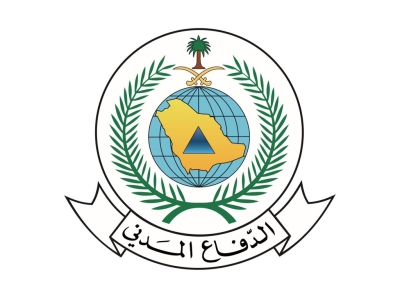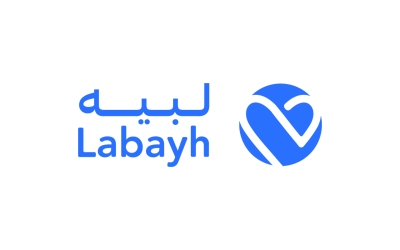Ehkaam Platform is the platform of the General Secretariat for Committees for Examining Requests for Property Ownership (Ehkaam), launched by the State Properties General Authority on December 20, 2020. It is an electronic platform dedicated to organizational, administrative, technical, and support activities to aid the committees in examining property ownership requests in the Kingdom of Saudi Arabia.
Launch of Ehkaam Platform
The General Secretariat for Committees for Examining Property Ownership Requests (Ehkaam) launched its digital platform to receive property ownership requests from citizens electronically, making the process easier and more convenient for them. The platform collaborates with thirteen government entities to ensure the accuracy and compliance of the information and data regarding the requests. On November 29, 2022, Ehkaam announced the end of the period for receiving property ownership requests, which had continued for two years since its launch on December 20, 2020.
Mandates of Ehkaam Platform
Ehkaam Platform specializes in examining property ownership requests, modification requests, and requests for proving property ownership of real estate located within the boundaries of the Two Holy Mosques according to controls. It also handles modification requests for title deeds within the boundaries of the Two Holy Mosques.
Tasks of Ehkaam Platform
Ehkaam Platform works to contribute to the proof of property ownership and create a reliable real estate environment. It aims to enhance the principles of justice, transparency, and reliability. Additionally, it reviews requests and submits them with recommendations to the higher authorities for each ownership request.
Functions of Ehkaam Platform
Ehkaam Platform received 5.5 million visits and more than 260,000 requests for proof of ownership and property modification during the first phase, which involved receiving ownership requests from citizens. This was followed by the verification and auditing phase, which included verifying forms, analyzing documents, studying them, and ensuring they meet formal requirements and the correctness of the requested path by beneficiaries for formal and new requests, and completing ownership procedures. The third phase included conducting legal and technical studies, reviewing and approving cadastral surveys, inspecting aerial photographs, and obtaining statements from judicial entities and relevant authorities for all requests that meet the necessary regulations.
Related quizzes
Related articles


